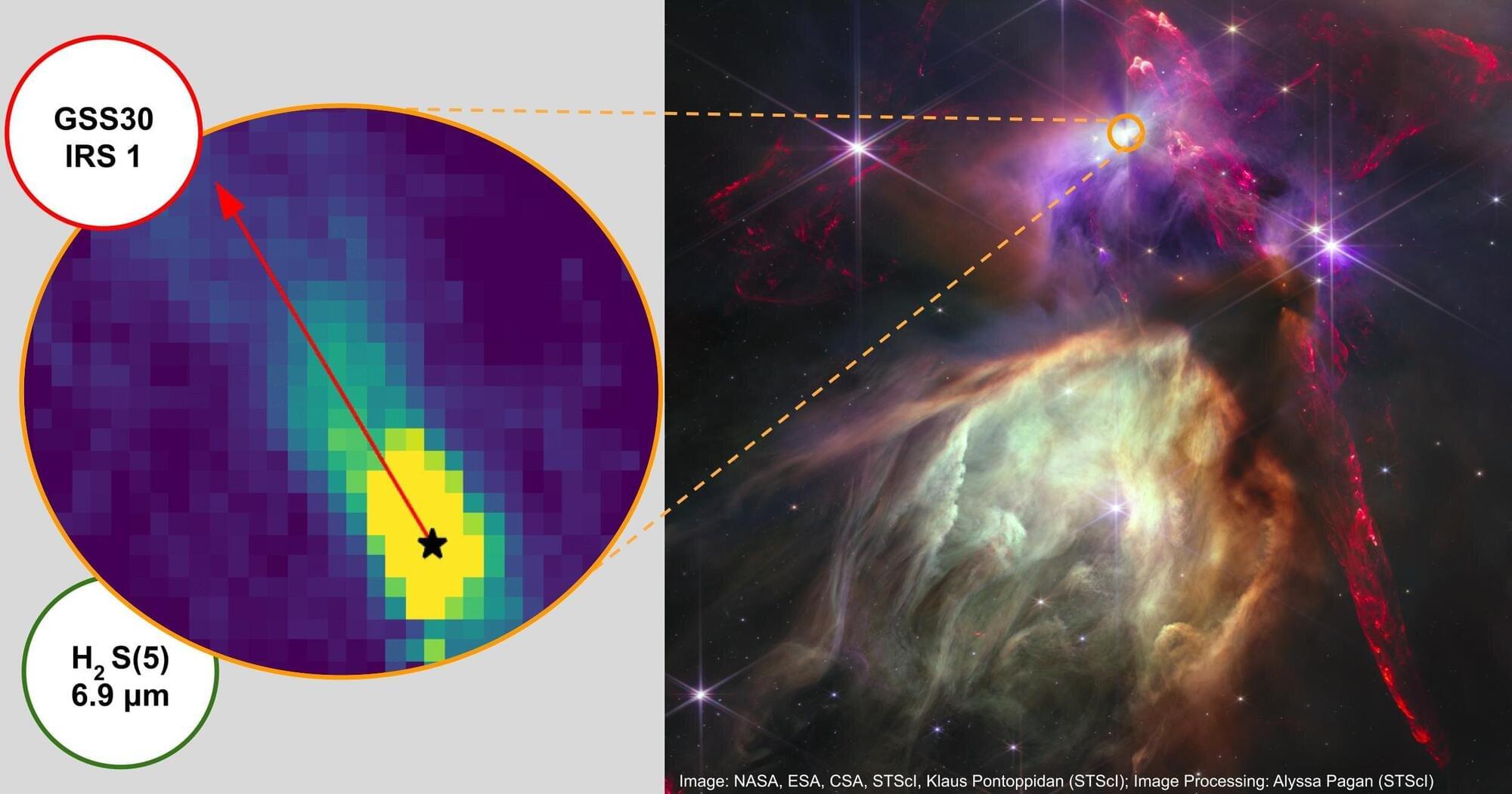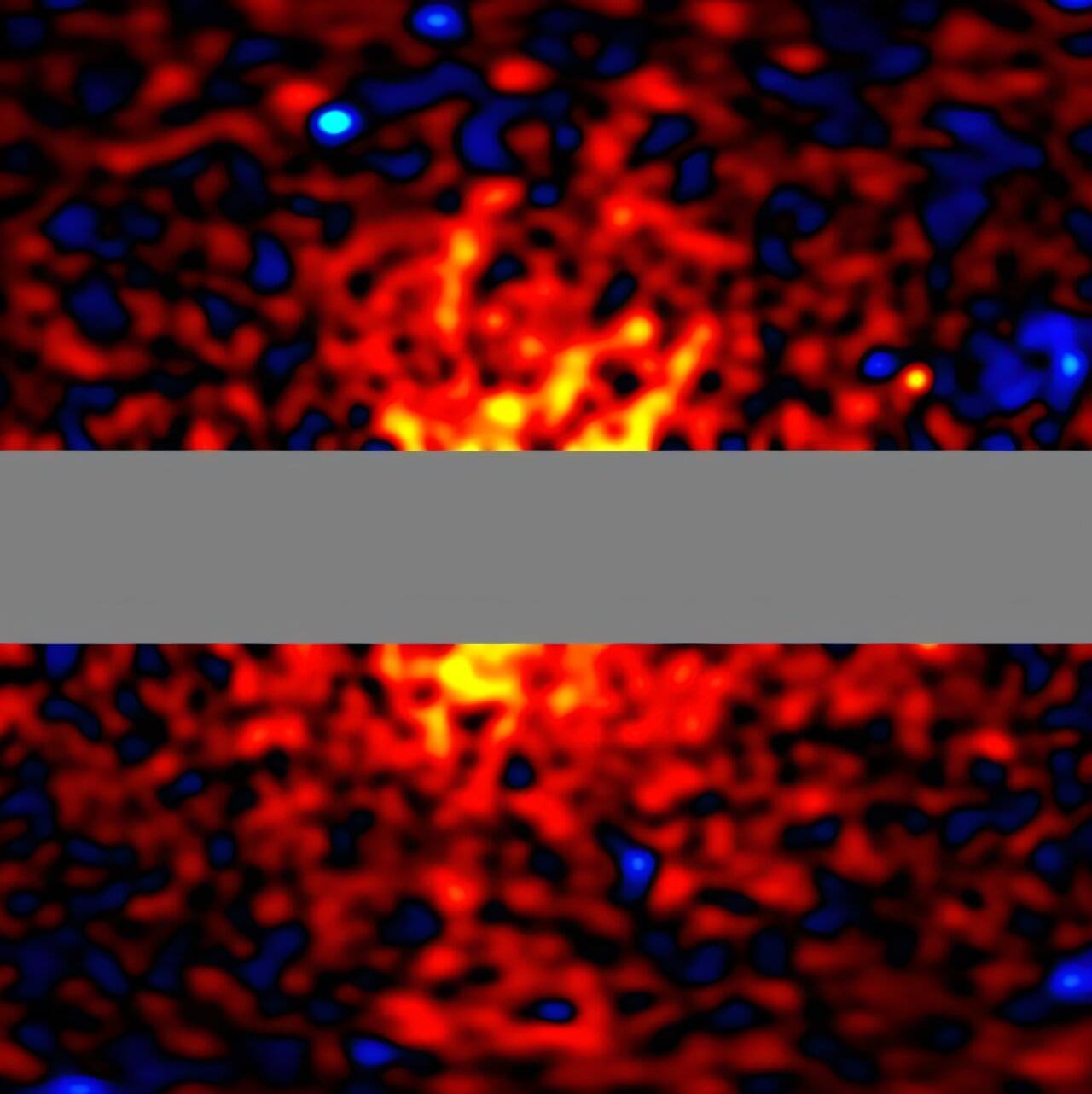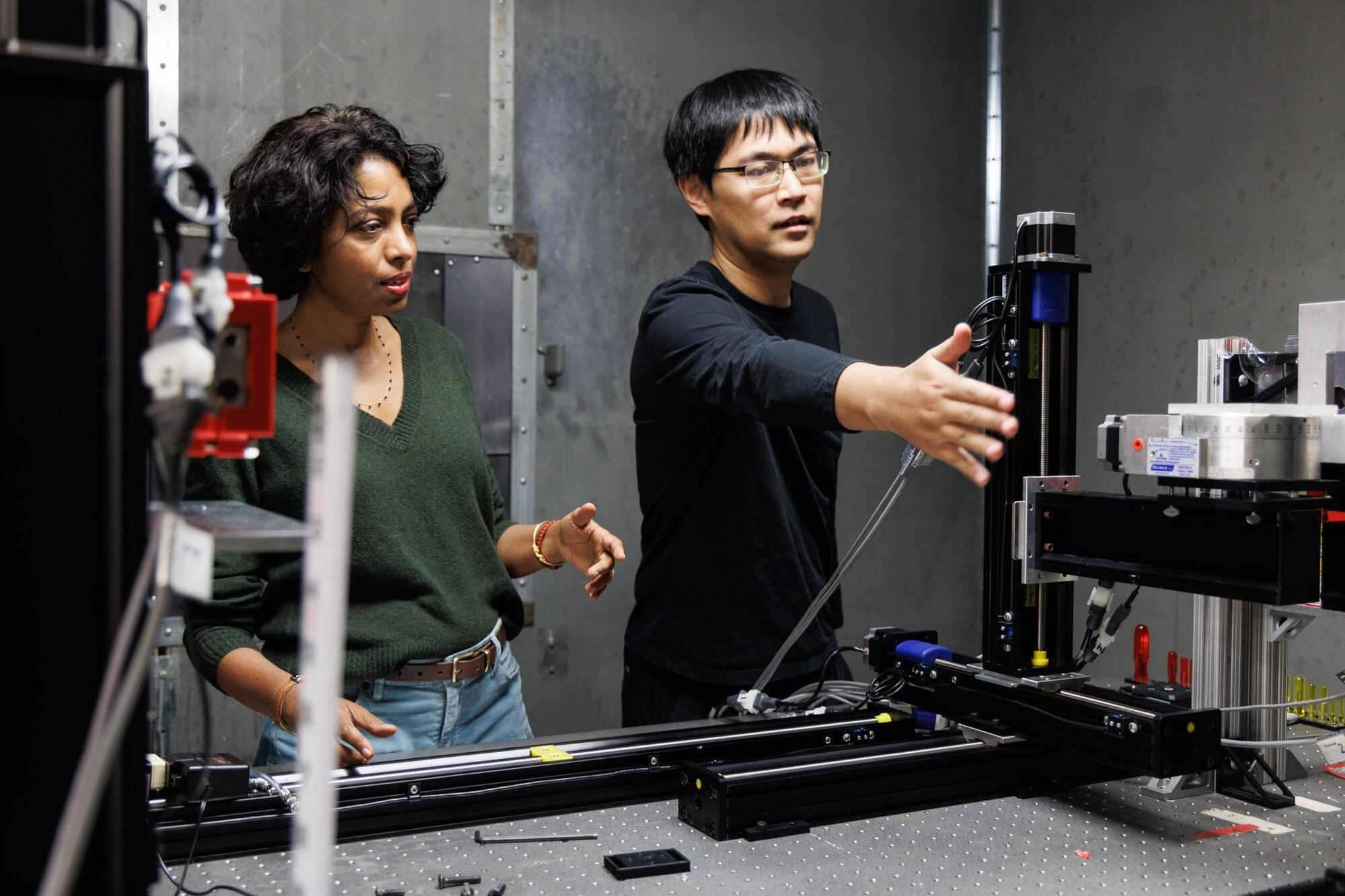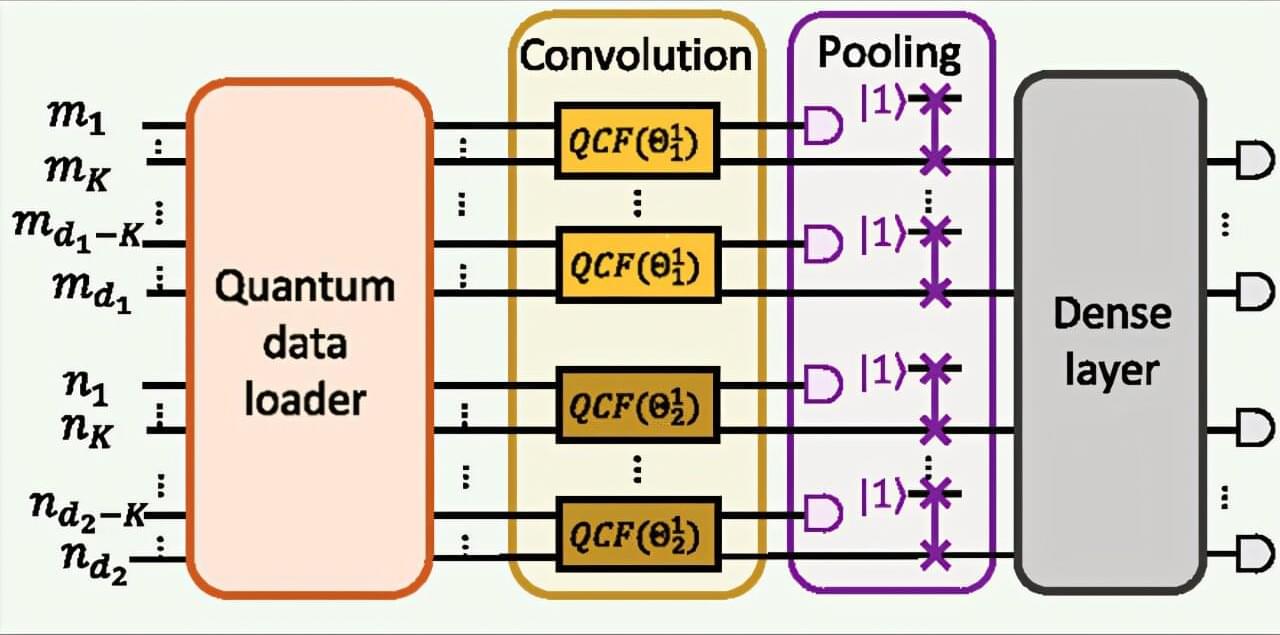Researchers used the MIRI instrument onboard the James Webb Space Telescope (JWST) to identify the presence of ultraviolet radiation in five young stars in the Ophiuchus region, and to understand its role in the formation of stars. The discovery of UV radiation around these protostars and its significant impact on the surrounding material is a challenge to models describing the formation of stars.
The paper is published in Astronomy & Astrophysics, and the research team included Iason Skretas, a doctoral student at MPIfR, and Dr. Agata Karska (Center for Modern Inter-disciplinary Technologies at Nicolaus Copernicus University in Torun, Poland, and Max Planck Institute of Radio Astronomy (MPIfR), Bonn, Germany).









